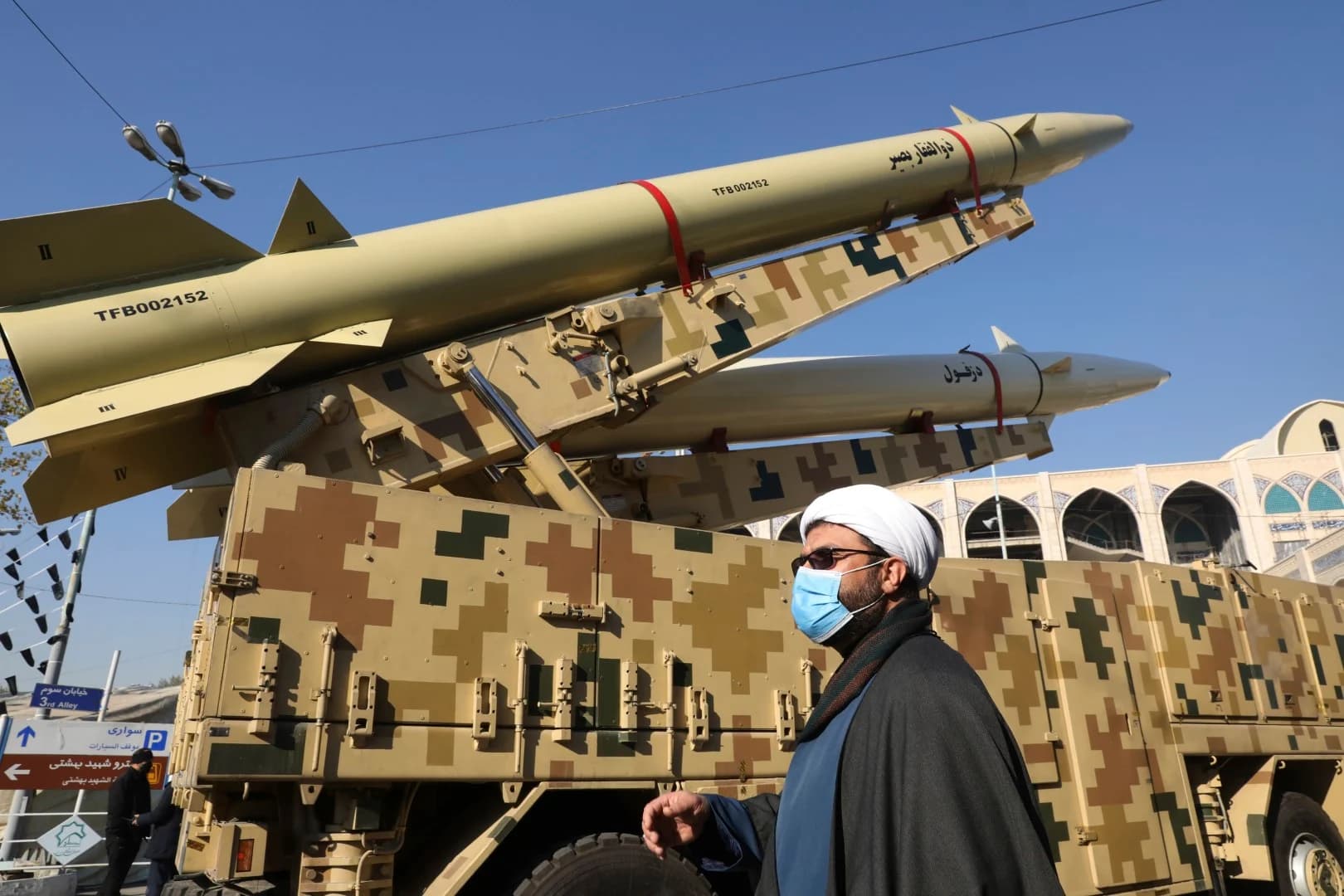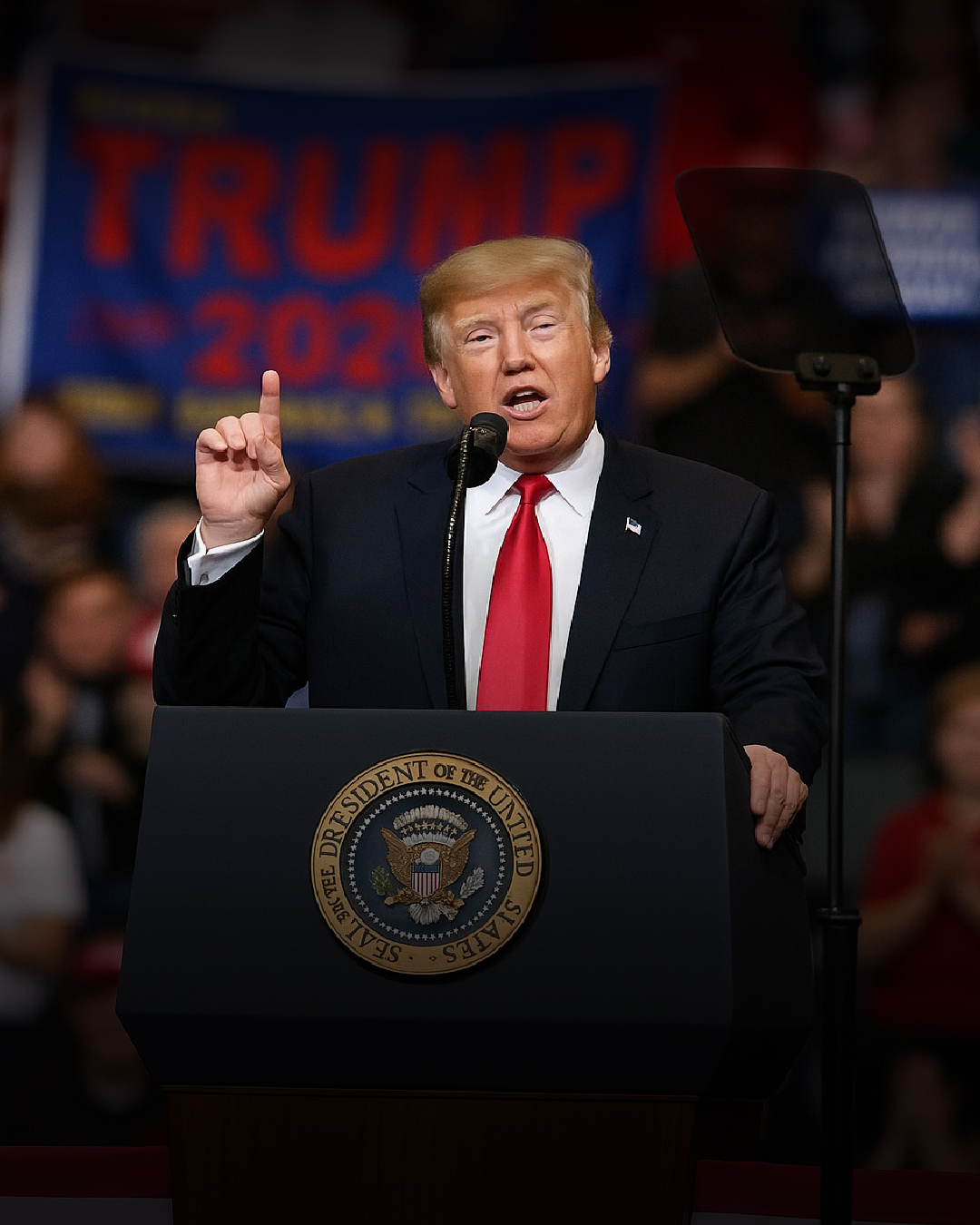
Crypto remains illegal in Pakistan. Lawmakers raised concerns over mining power use, security risks, and lack of policy.
Cryptocurrency in Pakistan has long been a subject of heated debate, regulatory uncertainty, and underground adoption. As of 2025, the landscape is rapidly shifting, with the government taking unprecedented steps towards regulation, even as concerns over legality, security, and power usage persist.

The Legal Status: Crypto Remains Unlawful, But Change Is Coming
- As of May 2025, cryptocurrency remains officially illegal in Pakistan. The State Bank of Pakistan (SBP) and the Ministry of Finance have reiterated that trading and holding cryptocurrencies is not permitted under current laws.
- Despite the ban, there is growing recognition among policymakers that a robust legal framework is needed to address the realities of widespread crypto use and investment.
- The SBP first issued a ban in 2018, instructing banks to prohibit crypto transactions, and, to date, crypto is not recognized as legal tender.
Recent Developments: Strategic Bitcoin Reserve & Regulatory Push
- In a dramatic shift, Pakistan announced the launch of its first government-backed strategic Bitcoin reserve in May 2025.
- The National Crypto Council was established to draft regulatory frameworks and attract foreign investment in the crypto sector.
- The government has allocated 2,000 megawatts of surplus energy for Bitcoin mining and AI data centers, signaling a move to harness crypto for economic growth.
- High-profile appointments, such as Binance’s co-founder as an adviser, show Pakistan’s intent to position itself as a regional crypto leader.
Ongoing Regulatory Efforts
- The “Virtual Assets Bill 2025” was introduced to establish a comprehensive legal and regulatory framework for digital assets, including cryptocurrencies and blockchain technologies.
- The bill proposes:
- Creation of a Digital Rupee, pegged to the Pakistani Rupee
- Establishment of Virtual Asset Zones for regulated crypto trading
- Strict anti-money laundering (AML) and counter-terrorism financing (CTF) compliance
- A National Virtual Assets Regulatory Commission for oversight and enforcement
- The State Bank of Pakistan is also exploring a digital rupee (CBDC), while the Securities & Exchange Commission of Pakistan (SECP) may oversee crypto trading.
Key Challenges and Concerns
- Energy Usage: Crypto mining’s high power consumption is a major concern, especially given Pakistan’s frequent energy shortages.
- Security Risks: Lawmakers and experts warn about cybersecurity gaps and the risks of fraud, money laundering, and terrorism financing.
- Regulatory Gaps: Despite progress, the lack of a fully implemented legal framework creates uncertainty for investors and startups.
- Public Perception: Many Pakistanis believe crypto is already legal, leading to unregulated investments and potential financial risks.
Crypto Adoption: Rising Despite Restrictions
- Pakistan ranks among the top 10 countries globally for crypto adoption, with an estimated 20 million active users7.
- Startups and remittance users are pushing for clearer policies, and provinces like Khyber Pakhtunkhwa are piloting government-backed mining projects.
- The KP province has even launched hydroelectric-powered crypto mining farms and continues to urge federal legalization













































































































